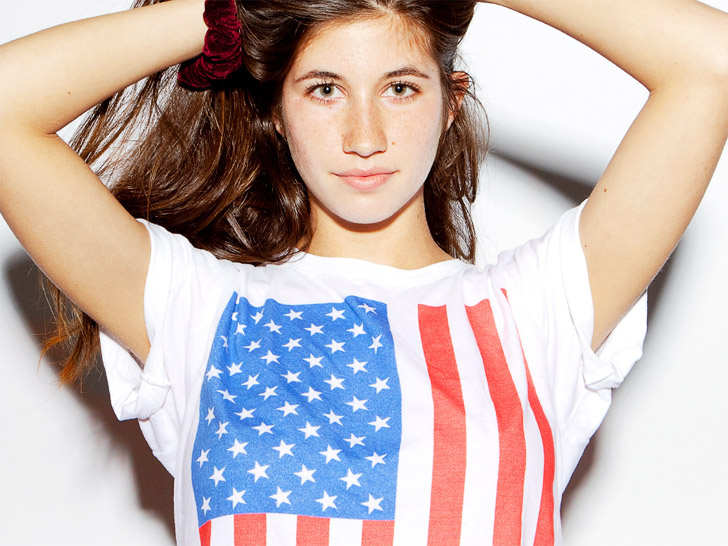American Apparel, one of the most widely known Made in the USA companies, filed for bankruptcy this month.
Known for commitments to sweatshop-free clothing since the company’s founding, American Apparel’s troubles may seem to signify challenges with keeping those commitments. Other companies embrace cost savings when they source from overseas factories with poor labor practices, while American Apparel has maintained factories based in the Los Angeles area and employed local workers.
But retailers in similar spaces have struggled with ever-changing trends in fashion, which seem to be more of the central cause to American Apparel’s downfall. The trend of “fast fashion,” where the latest looks are more important than logos and brands, has challenged The Gap, J. Crew, and Abercrombie & Fitch. American Apparel now joins their ranks as another struggling clothing retailer.
However, there are signs of further evolution in the marketplace as growing numbers of consumers embrace owning fewer items of higher quality, rather than the disposability of brands like H&M. Many U.S. clothing brands produce exceedingly cheap clothing via sourcing from factories in Bangladesh where workers earn low wages and work in dangerous conditions.
Green businesses like Eileen Fisher and Maggie’s Organics continue to lead the way in the building eco-clothing revolution, but there are many challenges to bringing eco-fashion to scale.
Founder and President Bena Burda of Maggie’s Organics states that “between 2008 and 2012, for example, the U.S. Department of Labor investigated over 1,500 employers in the garment industry in the US and found labor law violations in 93 percent of cases. Most of the workers involved were immigrants from Asia and Latin America. Ask not only ‘where’ but ‘who’ makes a brand’s U.S. clothing. Look for a brand that has direct relationships with their makers, and is not afraid to tell you about them.”
Maggie’s Organics offers shoppers a comprehensive guide to their green practices at Behind the Label, breaking down the details on their certified organic and Fair Trade apparel supply chain. Visitors can click on any product to learn about the farmers and cooperatives behind it. Maggie’s has supported U.S. textile workers for over 20 years.
American Apparel has mapped out a survival plan to emerge from bankruptcy. So far there’s no indication that the company will alter its Made in USA brand, leaving hope that the future of American Apparel will stay tied to ethical fashion.
However, court papers on the bankruptcy filing showed that an immigration raid in 2009 caused the company to lose 1,500 manufacturing workers and endure significant setbacks. When “Made in USA” means made by undocumented workers who are in danger of losing their livelihoods, the U.S. still has a long way to go to achieve truly ethical and locally produced clothing brands on a large scale.
The company also suffered in its public image due to the unethical behavior of disgraced former CEO Dov Charney, who was sued by a former employee over allegations of sexual assault.
Image credit: Ecouterre



